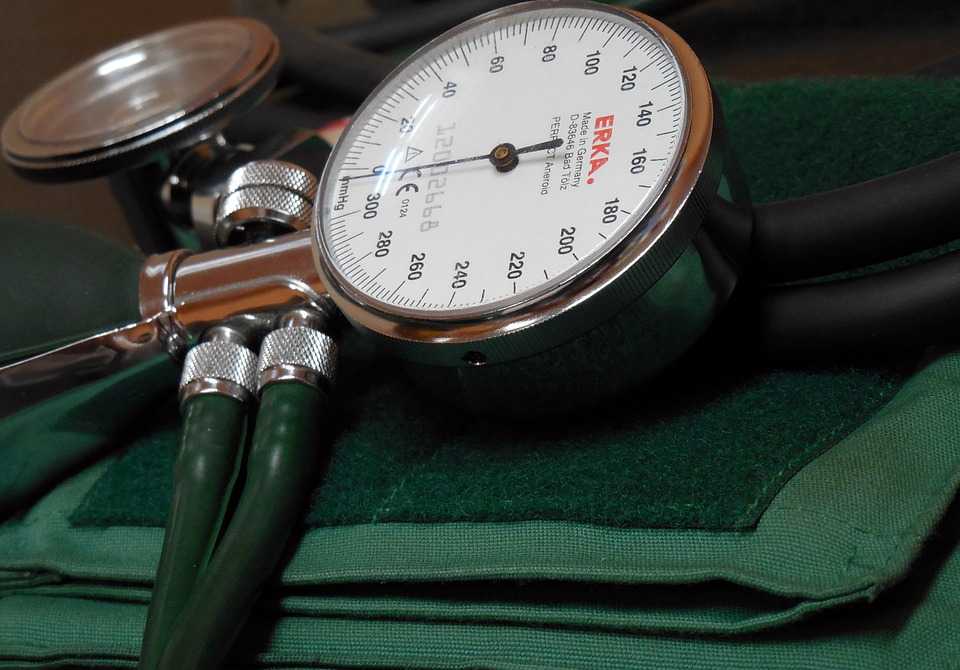
The law is clear: “every veteran shall be taken to have been in sound condition when examined, accepted, and enrolled for service, except as to defects, infirmities, or disorders noted at the time of the examination, acceptance, and enrollment….” 38 U.S.C. § 1111; see also 38 C.F.R. § 3.304(b) (2011). If a veteran enlists in the military and no preexisting condition is noted during his enlistment medical examination, he is presumed to be in sound condition or healthy.
VA must show by “clear and unmistakable” evidence that veteran’s disease or injury preexisted service and was not aggravated by his service in order to overcome the presumption of soundness. Clear and unmistakable evidence means evidence that is undebatable. See Quirin v. Shinseki, 22 Vet.App. 390, 396 (2009) (citing Vanerson v. West, 12 Vet.App. 254, 258-59 (1999)).
The Court of Appeals for Veterans Claims, in Horn V. Shinseki, 25 Vet. App. 231 (2012), further examined the application of this doctrine. Appellant argued that the VA had not met its burden to show both preexisting injury or disease and lack of aggravation with respect to his hip condition manifest in service. The Court stated that appellant by his own admissions had indicated that he had a history of Legg Perthes disease since he was 6 years old. According to the Court, this admission, along with a number of X-rays, service medical records and records from the Texas Department of Criminal Justice, was sufficient to rise to the level of clear and unmistakable evidence.
While the Court found that the Board of Appeals for Veterans’ Claims correctly determined that VA had met its burden for proving preexisting injury or disease, the Court also stated the VA did not adequately meet its burden to show lack of aggravation during service. Horn v. Shinseki, 25 Vet. App. 231, 240 (2012). While the Board held that lack of evidence of appellant’s condition worsening was sufficient to show that it had not been aggravated, this finding was not accepted by the Court. The VA failed to overcome the presumption of soundness with clear and convincing evidence the hip condition was not aggravated.
The Court rejected the Board’s holding the medical examination board (MEB) had checked a box on its form that appellant’s condition had not been aggravated and that was sufficient evidence to rebut the presumption of aggravation. The Court found the conclusory statement in the MEB report “falls woefully short of clear and unmistakable evidence.” Horn v. Shinseki, 25 Vet. App. 231, 240 (2012).
Therefore, the Court reversed the Board’s decision with respect to aggravation, directed a finding of service connection for appellant’s hip condition and remanded for further consideration consistent with its decision.
Our monthly newsletter features about important and up-to-date veterans' law news, keeping you informed about the changes that matter.